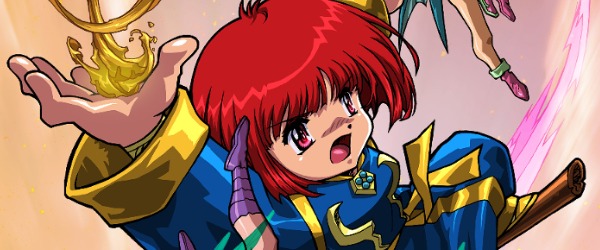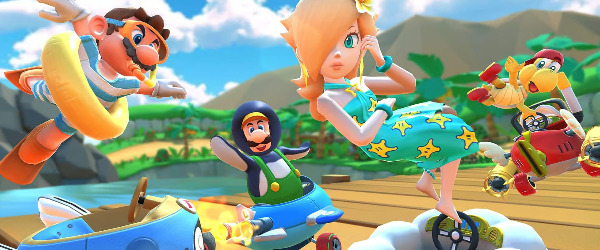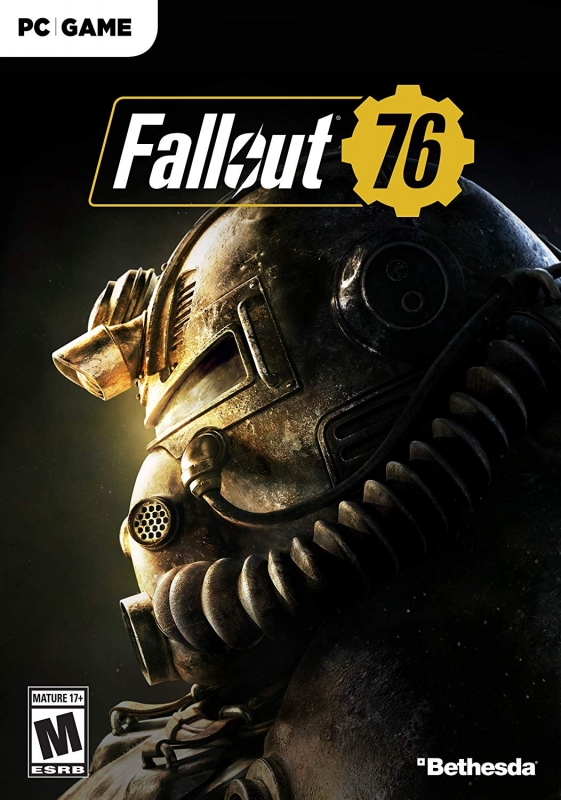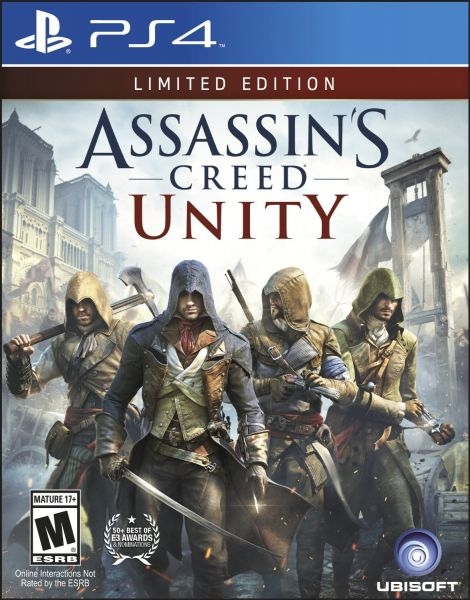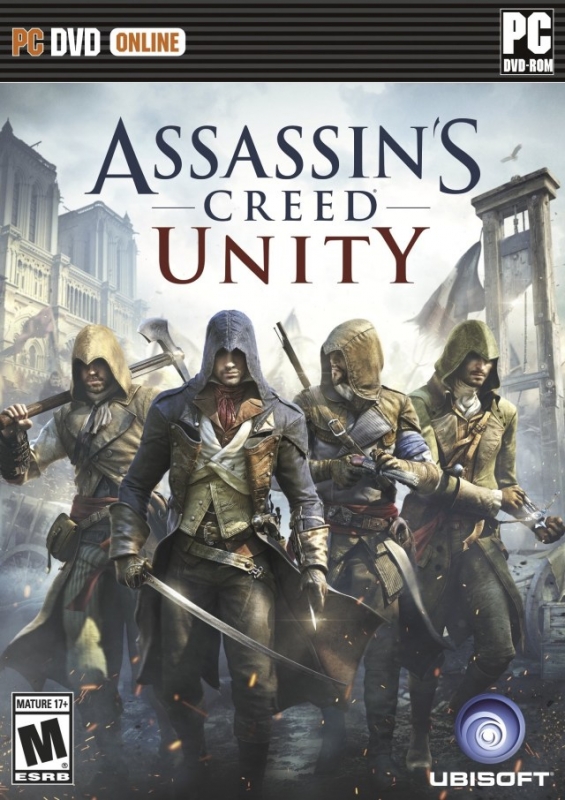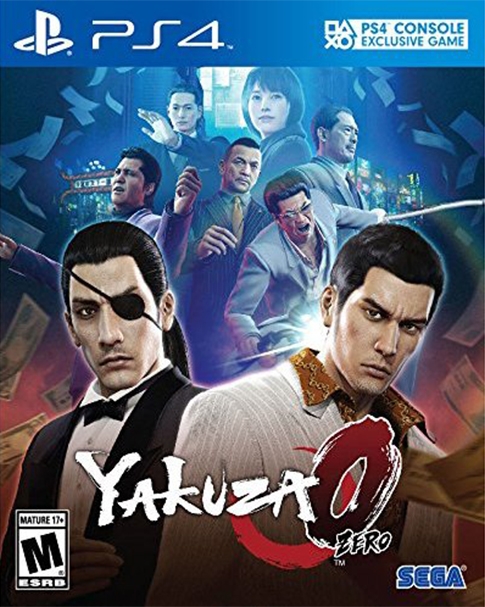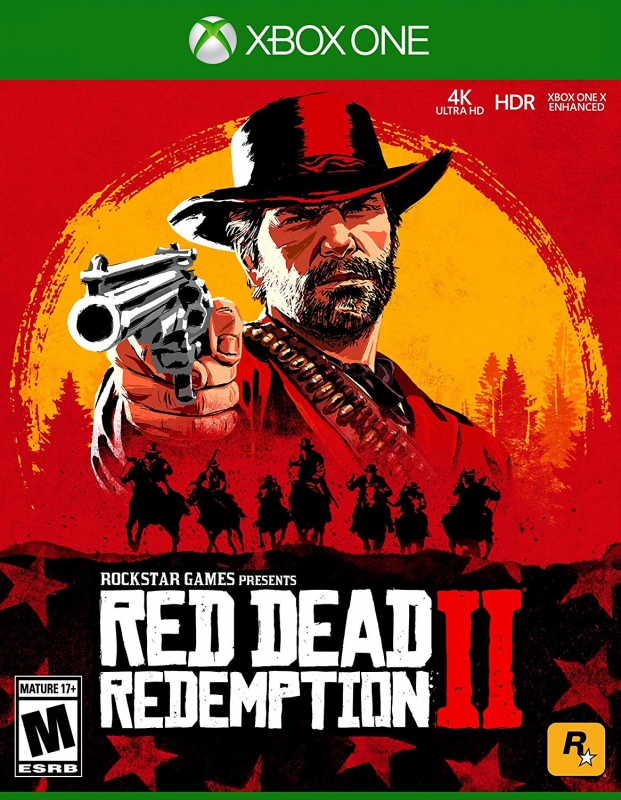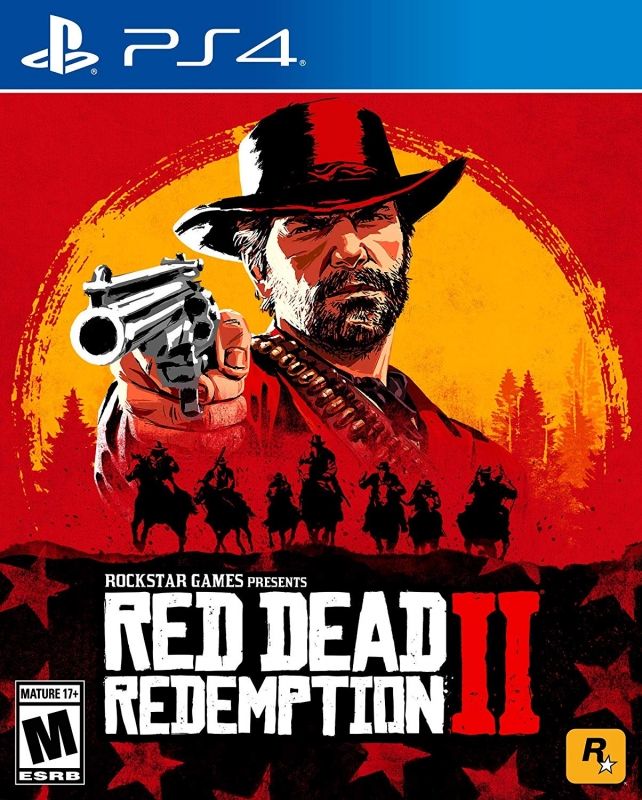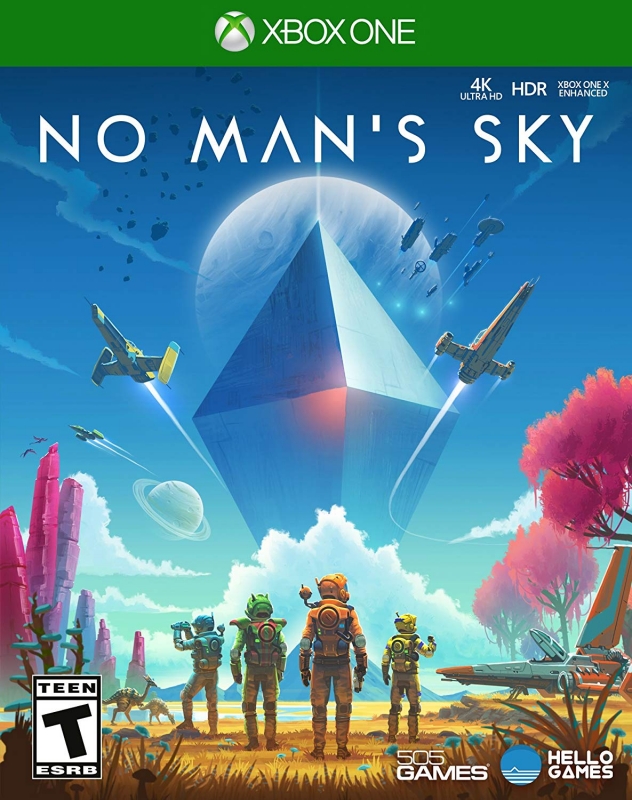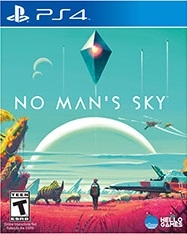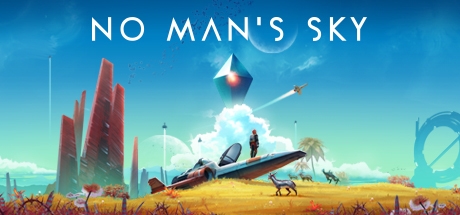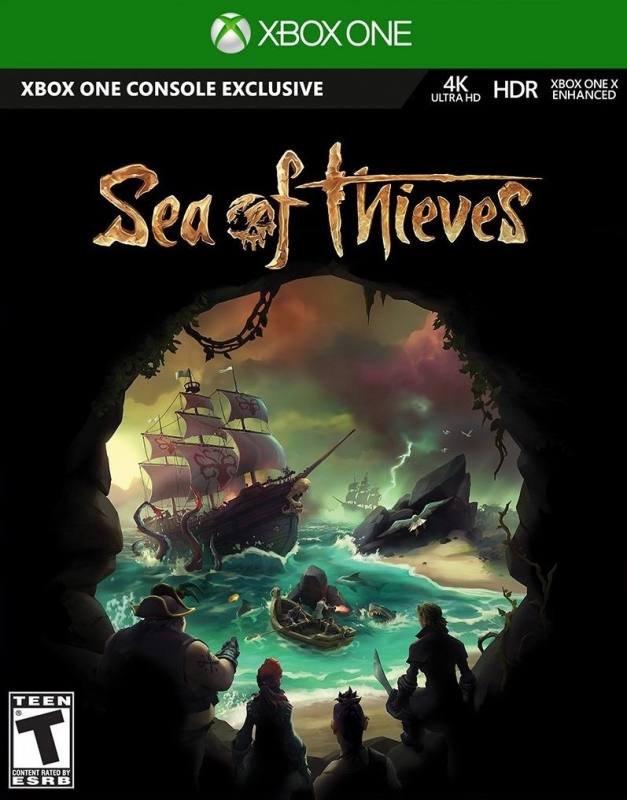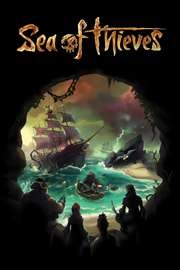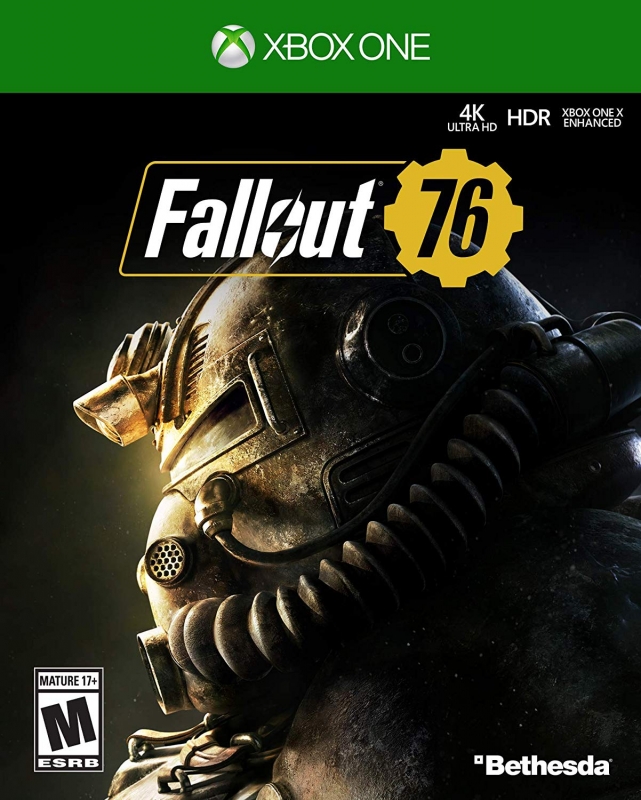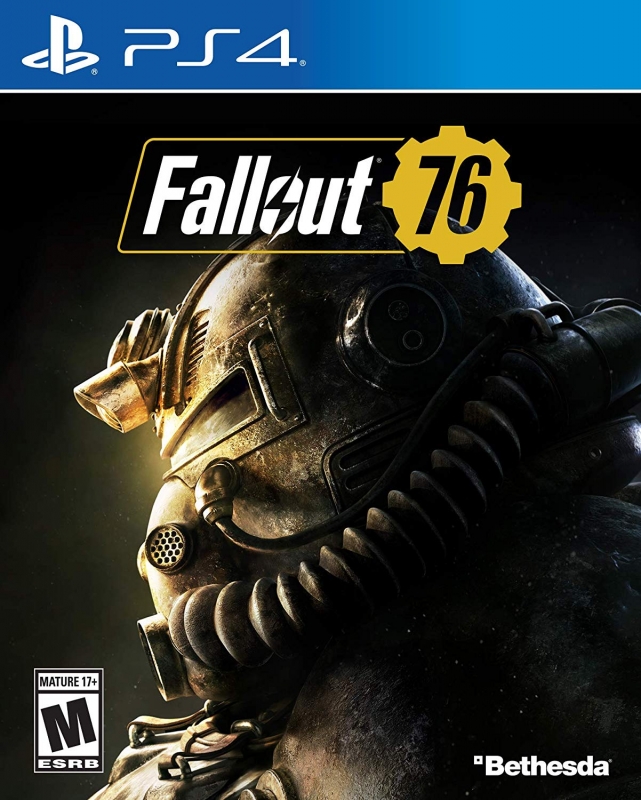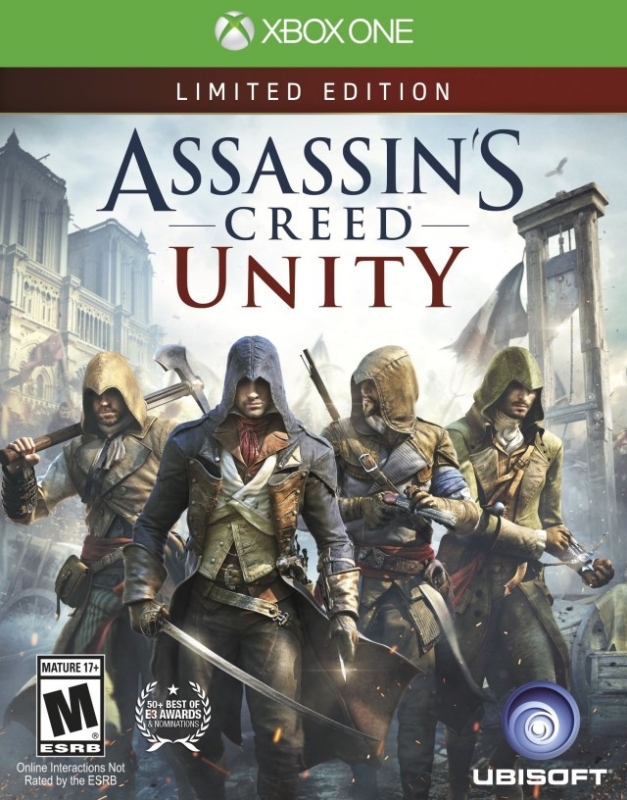
Open World Games and the Problem of Scale vs. Content - Article
by Taneli Palola , posted on 21 November 2018 / 8,922 ViewsOver the last two decades two very different, and in many ways polar opposite schools of thought regarding the design of open world video games have emerged. On one hand we have games that feature a large, but still relatively condensed and tightly designed world often packed with meaningful content with a lot of variety, but less options in terms of exploration. Sega's Yakuza series is a great example of this. On the other hand there are games with massive worlds with either too little meaningful content stretched out over a vast space, or the same tasks being repeated over and over again with little to no reason or variety. These titles tend to give more options to players in terms of exploration and the number of locations they can visit. Quite a lot of Ubisoft's open world games over the last decade or so have adopted this style.
However, while arguments can certainly be made for the merits of either approach, with various positives and negatives that can be found in both types of open world games, there's definitely a tendency for games that go for the 'massive world' approach to take things too far in this regard. There comes a point when increasing the size of a game's playable area begins to have diminishing returns and starts to actively hurt the title.
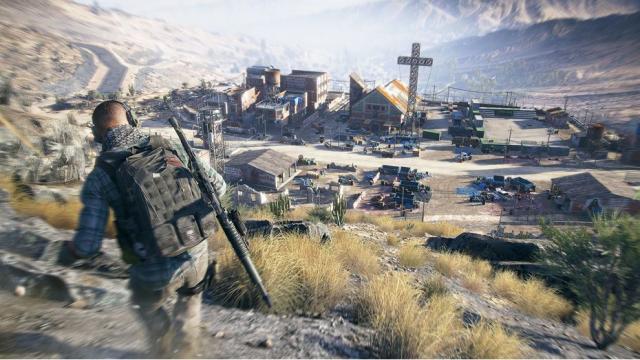
I've talked about this issue in the past from another perspective when I discussed the trend of making the size of a game's world a measure of its quality, and how video game companies have tried to sell certain games almost entirely based on that merit alone. All too often when such titles are eventually released players discover that, beyond the massive scope of their worlds, they really have very little to offer after the first few hours of gameplay.
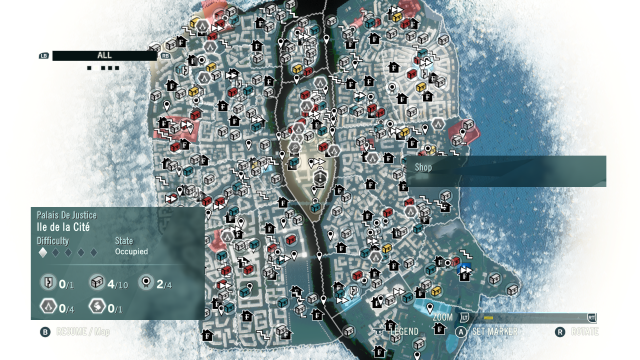
Fairly recent releases like No Man's Sky, Sea of Thieves, and Fallout 76 have sold themselves in large part on the notion that they have massive worlds (or even a universe) to explore, in which players can discover uncharted worlds and places, but the developers then neglect to actually provide you with something interesting or meaningful to do within those massive sandboxes. When these game worlds end up being populated by interchangeable quests and nebulous busywork they don't really offer any compelling or interesting content for the player base.
I'm aware that No Man's Sky did eventually offer a lot more content for people to engage with, and from everything I've heard it's a vastly improved game compared to the one that was first released. Sea of Thieves promises to similarly redeem itself, with content releasing throughout the year and, it seems, well into the future. But I'm hesitant to praise either of these games (or other similar ones) for becoming worth their initial asking prices months, or even years, after release.
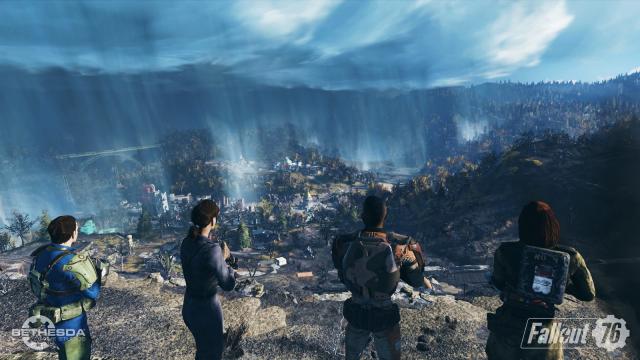
At that point you're not really releasing a good game, but rather selling a husk of a game on the promise that it might one day actually be worth playing. That is where the problem of scale vs. content arises. When you begin to focus too much on figures, whether it be the number of square miles the world map covers or the number of different locations you can visit, rather than on what you're actually going to be able to do in the game, you've kind of lost sight of what really makes the difference between an average and a great game.
Fallout 76 is a prime example of this kind of misguided focus. Previous games in the series have certainly had large worlds that players could explore at their leisure, but at the same time Bethesda, Obsidian, and Black Isle studios before them filled these games with interesting content, unique NPCs, and well-written questlines. Fallout 76 was marketed as featuring the largest world ever created for the series, but then failed to include the interesting quests and plotlines that had really elevated the franchise.
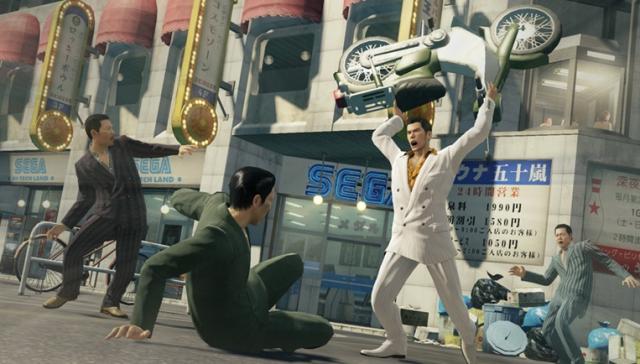
Essentially, the thing that is often most important in open world titles, regardless of the size of the game's world, is what I have started to call density of meaningful content. You can have the largest game world ever created but if it isn't filled with interesting stuff for players to do then it means absolutely nothing in the end. A large, empty world devoid of content has been the downfall of many an ambitious game in recent years, and it will likely be the same for many more to come.
This is why one of the absolute best open worlds in recent years has also been one of the smallest in size. The world of Yakuza 0 has nothing on the scale of games like Fallout 76, Sea of Thieves, or any number of Ubisoft open world titles, but it ends up feeling so much bigger than any of them because of the amount of activities and options that are open to players within the world. It feels like behind every corner there is something exciting or interesting for you to do. The world may be smaller than in most other open world games, but it works perfectly in the context of the game itself, and the content found within is what ultimately makes the world feel big, despite its actual size. This is something I think other game developers should take note of.
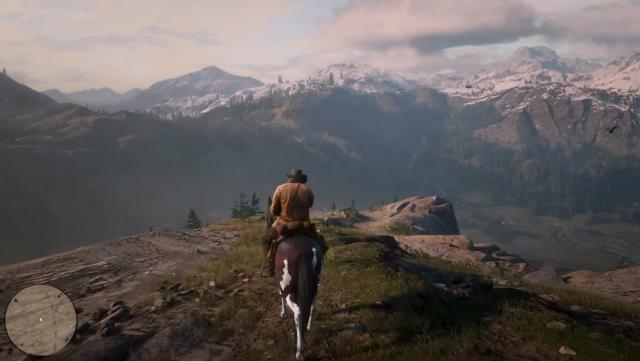
Of course, none of this means that you can't make a huge game world interesting and exciting. Games like Red Dead Redemption 2 have shown very recently that even massive worlds can be made to feel varied and engaging. It simply requires a lot of work to achieve that, which is unfortunately something that many developers just aren't putting into their games, for one reason or another. When this happens we get procedurally generated massive worlds with repetitive content and dull environments.
Developers should consider what purpose the worlds they're building serve in their games. Instead of artificially forcing massive worlds into their titles, they should build worlds that fit into the settings and narratives of their games. Essentially, the world should serve the needs of the game, and not the other way around. If the only reason for having a massive world is to check a box on the marketing sheet, then maybe that kind of world doesn't really make much sense for that particular game.
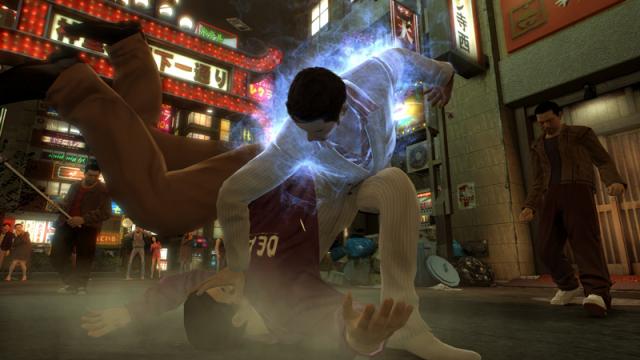
Ultimately, the size of a game's world should not be seen as its defining quality, but rather a facilitator for what actually makes that game great. Every game is different, and as such every world should be built with its own particular needs in mind. It should be something that makes the game feel alive, unique, and interesting, but all too often the maps we get just prove to be a detriment to the whole experience. If a developer is making the world huge just because they can, it's most likely not going to result in a good final product. It all comes down to content density and content quality, and in that respect the size of the world should at best be a secondary concern as far as I'm concerned, and often not even that.
The best open world titles are carefully balanced between scale and content. The scale can certainly be ambitious to an almost extreme degree, but the content then needs to match that ambition. Ones that fail to find that balance either end up feeling empty, with not enough stuff for the players to do (No Man's Sky at launch), or cluttered with too much pointless busywork (Assassin's Creed: Unity). It's a difficult balance to achieve and far too few games manage to find it, and unfortunately the only way to fix that issue is to design games with this balance in mind from the very beginning of production. Do that and we just might get more games like Yakuza 0 and Red Dead Redemption 2 in the future, and less the likes of Ghost Recon: Wildlands or Fallout 76.
More Articles
The issue with some of these examples is that many gamers assume a open world game means it has to be like Zelda or The Witcher. Some multiplayer open world focused games like Sea of Thieves are meant to be played like DOTA2 or Team Fortress style. Being an Open World game does not mean it has to be filled to the brim with content if the foundation was built to be a competitive online game where the open world acts more like an Arena rather than a typically side quest filled RPG.
Of course, there are various different kinds of open world games each with their own focus. It's less about the amount of content, and more about how interesting the content in the game is. If you run out of new or engaging stuff to do after 4 or 5 hours it doesn't really matter what the focus of your game is supposed to be. Sea of Thieves at launch was exactly like that. A really cool world with a lot of potential, but not a whole lot of things for the player to really do, unless you just wanted to repeat the same few things over and over again. It's fine for an open world game to be more of a competitive environment, but even then it needs to have a decent amount of variety to keep players coming back for the long term.
I agree that games are more fun to me filled with many different things to do however Sea of Thieves is a a hybrid MOB/open world. Gamers who love MOBAS play DOTA and LoL for hours on end with basically bare bones content. DOTA2 has 1 map with the 1 objective. Thats forgiven because its not an open world? And its highly praised by critics and fans and its content is even less than SoTs.
Iv put more than 20hours in SoTs and i still know many who still play that game today. Its designed aroumd a different audience. Its an event based game based around competitive online play. Games like that have been misjudged because the game wasnt what majority expected. Its a different type of game. Now i cannot speak for Fallout76, i havnt played it, but that game you would expect a Fallout experience filled with content. That i agree on.
Great article as always buddy.
I'd take Kamurocho over a massive open world any day of the week. In the sixth generation I found things like Liberty City and Vice City a great novelty and thought that I'd never grow tired of open worlds, but I have - and you hit the nail on the head here in that they're just big, vast spaces that aren't filled with things to keep me engaged. My tastes have moved so far away from the AAA mindset it's untrue.
I didn't realise at the time, that although GTA games had big worlds, they were still intricately designed and evoked different feelings at every turn, had things to do around every corner. That's more similar to the Yakuza design than the Ubisoft design these days, so I just hope some developers keep on making these smaller, denser areas.
Thanks. It was playing Yakuza 0 that made me realize just how much better it's open world was to so many other games in the genre, just because it didn't feel the need to make it pointlessly massive. What made the game feel big and alive was the stuff you could do in it, which, like you said is something a lot of games just don't seem to get.
From a personal perspective, I think "quests" are overrated. One of my favorite things is to turn off quest markers and just go exploring. I usually put the main quest on hold as soon as I am able. I do understand that some people feel lost without that structure and need someone to tell them what to do and where to go but that, to me, sacrifices some of what makes open world gameplay special. Unfortunately, I've seen that many people breeze through open world games by just following the obvious quest leads and they end up only seeing a fraction of the content.
That is what I found refreshing about Breath of the Wild. It did not hold your hand. Sure some quests had markers, but only a few where the NPC actually told you where to go. Most of them were done by describing the lay of the land, or a type of person you need to find (terry town comes to mind) and you actually had to think and explore to find your objective. Also in the case of Link's memories, you have a picture of some spot in this vast world to find with nothing more than what you see in that picture to go off of.
It really was a brilliant take on open world games. It took established features and executed them in a way that truly innovated the entire concept of open world games.
Great article, and something that have bugged me for a few years with all of these new "open world" games. I think Skyrim is the right size for a "big" game world. It's small enough to get around and get comfortable with your surroundings, but has enough variety in it's landscape as well. Plus it has the replay value of starting with new characters and playing in a different style.
A lot of the new open world games have me feelings overwhelmed with just how massive, and sometimes empty they are...
Excellent article!









